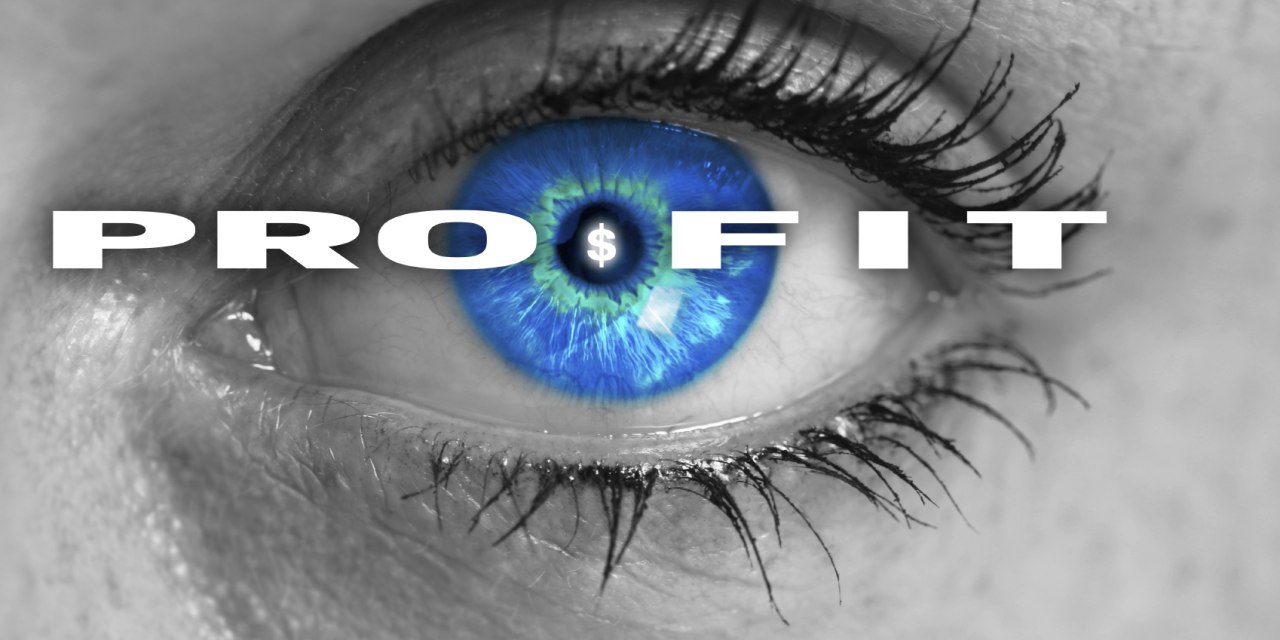You may have run across this story in the news recently. The founder and CEO of Nostrum Pharmaceuticals is taking on criticism for his decision to impose a sudden 400% price hike on one of the firm’s most important products– a medication deemed “essential” for the treatment of urinary tract infections. Provoking special outrage was his insistence that he was forced to drastically raise prices on “moral” grounds.
I didn’t find his reasoning all that unusual, because I’ve heard it elsewhere, mostly from senior executives of for-profit corporations. Here’s how it goes: Our company is investor-owned, therefore our first responsibility is to our investors. They trust us with their money in the expectation of a substantial return. Oh, they know some risk is involved, but they are entitled to know that we, the management, are doing everything we can, exploiting every opportunity, to increase the return on their investment. For us to do otherwise… Well, that would be to abandon our duty. And thus morally wrong.
Put directly like that, it does sound a bit nuts. What about the interests of the consumers who purchase our products? What about the welfare of our community, or the larger society in which we all live?
That’s government’s job, I’m often told. Our job is to make money. Within the law, of course, although we’re free to lobby heavily for the laws we want. And do we ever.
It’s a philosophy of business that a company will rely on to guide its actions in a wide range of situations and circumstances. Profit first, everything else, well, further down the list.
In that respect, the problem isn’t so much outlaw executives but the system in which they operate. It rewards them for putting profit above all. That’s tolerable when we’re talking about window fasteners or computer mice but surely not when the product in question directly affects our health or even our survival.
The corporations I’m talking about aren’t losing money. Profits are up. Sometimes way up. So why behave this way?
It’s really a matter of philosophy, and values.













